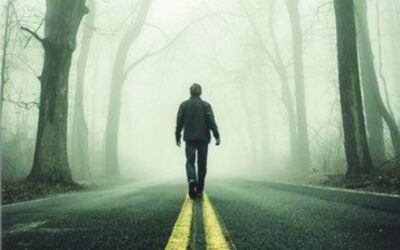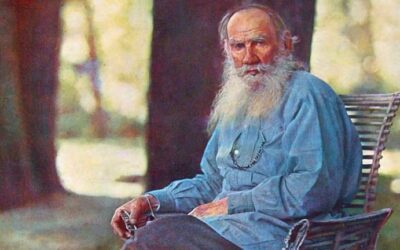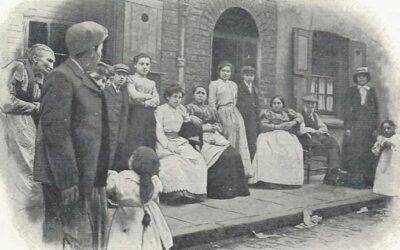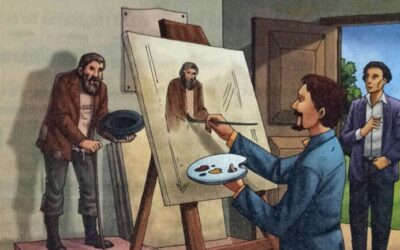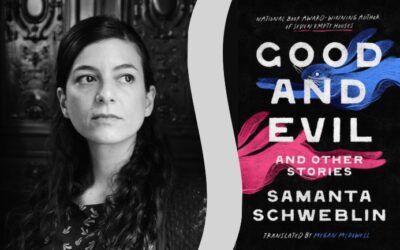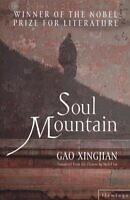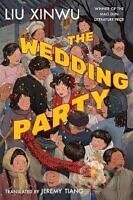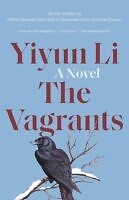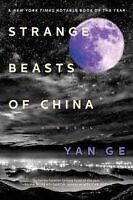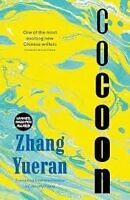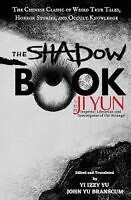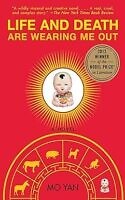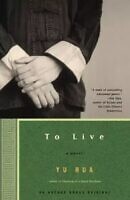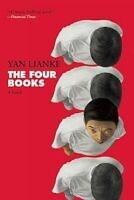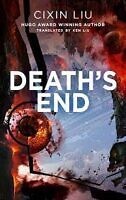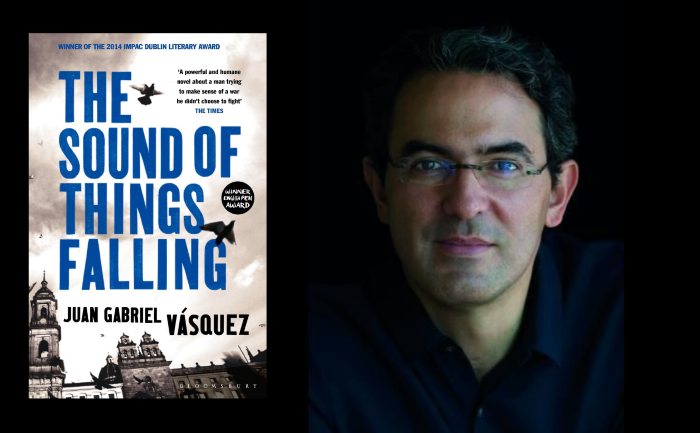Top 10 Modern Chinese Books to Read
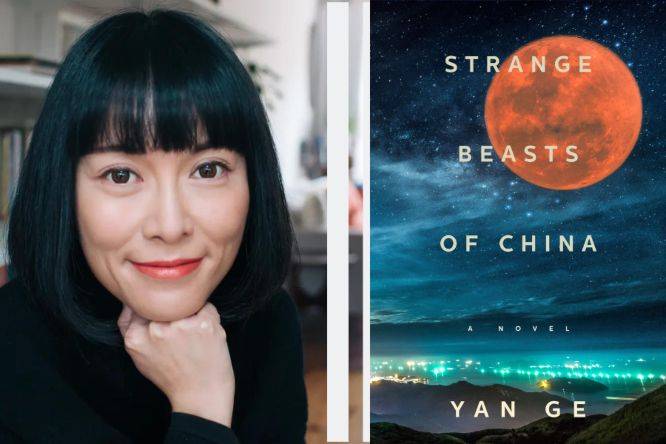 modern chinese books cover
modern chinese books cover
Explore China’s literary landscape with these exceptional books. Contemporary novels from wonderful authors, we’ve selected 10 Modern Chinese Books To Read.
Top 10 Modern Chinese Books to Read
Soul Mountain by Gao Xingjian
Part travel diary, part philosophy, part love story, Soul Mountain is an elegant, unforgettable novel that journeys deep into the heart of modern-day China.
In 1982 Chinese playwright, novelist and artist Gao Xingjian was diagnosed with lung cancer, the very disease that had killed his father. For six weeks Gao inhabited a transcendental state of imminent death, treating himself to the finest foods he could afford while spending time reading in an old graveyard in the Beijing suburbs. But a secondary examination revealed there was no cancer – he had won a ‘reprieve from death’ and had been thrown back into the world of the living.
Faced with a repressive cultural environment and the threat of a spell in a prison farm, Gao fled Beijing. He travelled first to the ancient forests of central China and from there to the east coast, passing through eight provinces and seven nature reserves, a journey of fifteen thousand kilometres over a period of five months. The result of this epic voyage of discovery is ‘Soul Mountain’.
The Wedding Party by Liu Xinwu
The Wedding Party is set in a historical residence in Beijing follows the residents for one day in December 1982.
Superstitious Auntie Xue, who’s obsessed with keeping up appearances, is throwing a wedding banquet with her husband for their youngest son, Jiyue, and his bride, Xiuya. Tensions rise as Jiyue’s boorish friend Luo Baosang gets drunk and picks on the talented but low-birth chef Lu Xichun. Long-suffering but dutiful daughter-in-law Zhaoying tries to make things run smoothly, even as her husband is late to arrive. Visitors and wedding crashers stop by throughout the day, and the author does a fantastic job of unfurling each character’s inner life, as well as the backstories and motivations of other residents.
The Vagrants by Yiyun Li
In the provincial town of Muddy Waters in China, a young woman named Gu Shan is sentenced to death for her loss of faith in Communism. She is twenty-eight years old and has already spent ten years in prison. The citizens stage a protest after her death and, over the following six weeks, the town goes through uncertainty, hope and fear until eventually the rebellion is brutally suppressed. They are all taken on a painful journey, from one young woman’s death to another.
We follow the pain of Gu Shan’s parents, the hope and fear of the leaders of the protest and their families. Even those who seem unconnected to the tragedy – an eleven-year-old boy seeking fame and glory, a nineteen-year-old village idiot in love with a young and deformed girl, an old couple making a living by scavenging the town’s garbage cans – are caught up in a remorseless turn of events.
Strange Beasts of China by Yan Ge
In the city of Yong’an, an amateur cryptozoologist is commissioned to uncover the stories of its fabled beasts. These creatures — with their greenish stomachs or gills or strange birthmarks — live alongside humans in near-inconspicuousness, some with ancient forbears, others engineered as artificial breeds.
Guided – and often misguided – by her elusive university professor, and his scrappy student sidekick Zhong Liang, our narrator finds herself on a mission to track down each species. And as she blunders from one implausible situation to the next, she comes one step closer to revealing her own inner beast…
Cocoon by Zhang Yueran
Two youngsters both born in the 1980s are suffering from a lack of affection by their fathers. Tracing the footprints of their fathers generation, they follow clues and get to the bottom of a secret and finally disclose an important but humiliating truth. What on earth happened on a rainy night in 1967 inside the discarded water tower built by German army? How could an iron nail have shaped up a totally different fates for the two families? What kind of tragedy is hidden behind the glory?
One is a respected scholar, the other is a patient in vegetative state without consciousness. The entanglement between them permeates into the long life of their descendants and forces them to live in the eternal shadow of love and sin…
The Shadow Book of Ji Yun by Yun Ji
Ji Yun also known as Ji Xiaolan was a Chinese philosopher, politician, and writer. He was an influential scholar of Qing dynasty China and many anecdotes have been recorded about him. Ji Yun left behind a book entitled Notes of the Thatched Abode of Close Observations which has been translated and published in 2021 as The Shadow Book of Ji Yun.
Ji Yun published five volumes of weird tales and ghost stories that combined supernatural autobiographical accounts with early speculative fictions. Combining insights into Chinese magic and metaphysics with tales of cannibal villages, sentient fogs, alien encounters, and fox spirits; as well as accounts of soul swapping, haunted cities, and the “jiangshi” (the Chinese vampire), there is no literary work quite like that of Ji Yun.
Life and Death are Wearing Me Out by Mo Yan
Today’s most revered, feared, and controversial Chinese novelist offers a tour de force in which the real, the absurd, the comical, and the tragic are blended into a fascinating read. The hero-or antihero-of Mo Yan’s novel is Ximen Nao, a landowner known for his generosity and kindness and benevolence to his peasants. However, during Mao’s Land Reform Movement of 1948, he is not only stripped of his land and worldly possessions but cruelly executed, despite his protestations of innocence.
The novel opens in Hell, where Lord Yama, king of the underworld, has Ximen Nao tortured endlessly in order to force a confession of guilt from him. When his efforts remain fruitless, Lord Yama allows Ximen Nao to return to earth, where he is reborn not as a human, but first as a donkey, then a horse, a pig, a monkey, and, finally, the big-headed boy Lan Qiansui.
Through the eyes of animal and boy, Ximen Nao takes us on a deliriously unique journey through fifty years of peasant history in China, right to the edge of the new millennium. Here is an absolutely riveting tale that reveals the author’s love of a homeland beset by ills inevitable, political, and traditional.
To Live by Yu Hua
Originally banned in China but later named one of that nation’s most influential books, a searing novel that portrays one man’s transformation from the spoiled son of a landlord to a kindhearted peasant.
After squandering his family’s fortune in gambling dens and brothels, the young, deeply penitent Fugui settles down to do the honest work of a farmer. Forced by the Nationalist Army to leave behind his family, he witnesses the horrors and privations of the Civil War, only to return years later to face a string of hardships brought on by the ravages of the Cultural Revolution. Left with an ox as the companion of his final years, Fugui stands as a model of gritty authenticity, buoyed by his appreciation for life in this narrative of humbling power.
The Four Books by Yan Lianke
In the ninety-ninth district of a sprawling labour camp, the Author, Musician, Scholar, Theologian and Technician – and hundreds just like them – are undergoing Re-education, to restore their revolutionary zeal and credentials. In charge of this process is the Child, who delights in draconian rules, monitoring behaviour and confiscating treasured books.
But when bad weather arrives, followed by the ‘three bitter years’, the intellectuals are abandoned by the regime and left on their own to survive. Divided into four narratives, The Four Books tells the story of the Great Famine, one of China’s most devastating and controversial periods.
Death’s End by Cixin Liu
Half a century after the Doomsday Battle, the uneasy balance of Dark Forest Deterrence keeps the Trisolaran invaders at bay.
Earth enjoys unprecedented prosperity due to the infusion of Trisolaran knowledge and, with human science advancing and the Trisolarans adopting Earth culture, it seems that the two civilizations can co-exist peacefully as equals without the terrible threat of mutually assured annihilation. But peace has made humanity complacent.
Cheng Xin, an aerospace engineer from the 21st century, awakens from hibernation in this new age. She brings knowledge of a long-forgotten program dating from the start of the Trisolar Crisis, and her presence may upset the delicate balance between two worlds. Will humanity reach for the stars or die in its cradle?
If you enjoyed our selection of 10 Modern Chinese Book to Read, check out our reading list for 10 Modern Japanese Books to Read

